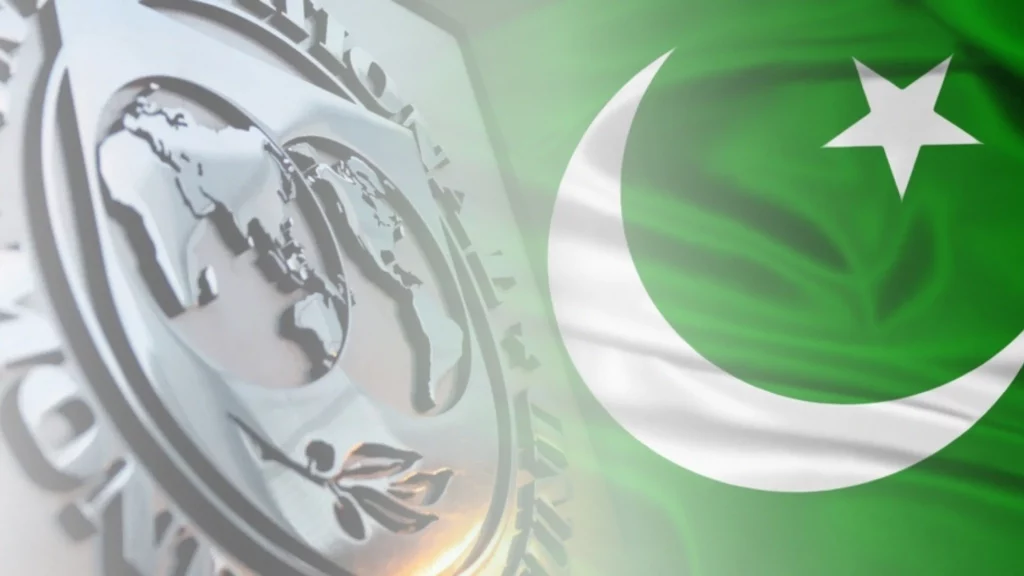Pakistan‘s government announced the federal budget for the next financial year to find a balance between the reforms to satisfy the International Monetary Fund (IMF). This will also be one of the three measures that the IMF will consider before releasing at least some of the $2.5 billion in order to stabilise the struggling economy.
Budget Highlights
Pakistan unveiled a $50.5 billion budget of which more than half was set aside to serve $25.3 billion (7.3 trillion rupees) of debt. The country can no longer afford imports as the value of the rupee plunged and inflation reached new records. Around 950 million rupees was set away for development projects that would bring in votes as the country gears up for general elections.
Other measures include a 17.5 percent increase in state pensions and a 35 percent pay rise for civil service. Ishaq Dar, finance minister, while presenting the budgets to the National Assembly stated that despite the general elections happening in the country soon, the next year’s fiscal budget is prepared as a responsible budget instead of an election budget and added that the insisted targets remained judicious. For subsidies, the latest budget has allocated 1.07 trillion.
When we look at the financial year 2022-23, the country had been unable to meet any economic growth targets. According to the reports released, the GDP growth stayed at a mere 0.3 percent. The current budget focuses on having a GDP growth of 3.5 percent while the World Bank predicted a growth rate of 2 percent. The annual inflation forecast is expected to be 21 percent against the current rate of 37.9 percent.
The economy was also suffering the effects of the flood that hit the country, leaving most parts underwater and thousands homeless. The budget for the next financial year also allocated 1.08 trillion for defense spending which has increased from last year’s 1.5 trillion rupees. While the Tax to GDP ratio stands at 8.7%. The current fiscal deficit is to stand at $6 billion by the end of the financial year 2023-24.
IMF deal
Pakistan’s IMF program runs out this month and is trying to secure $1.1 billion in funds as a part of the $6.5 billion IMF bailout package. This package has been delayed since November, with more than 100 days gone since the last mission in Pakistan. The resident representative of Pakistan on Thursday mentioned that the country needs to revive the proper functioning of the FX market, secure firm and credible financing commitments to close the $6 billion gap, and approved a fiscal budget for the financial year 2024 consistent with the program objectives.
The representative also added that there was only time for one last IMF board review before the end of the current bailout package. The country’s general election will take place in November which will hopefully end the crisis surrounding former prime minister Imran Khan’s arrest and following chaos. Miftah Ismail, former finance minister, stated that it was necessary to secure the IMF funding so there is little chance of an expansionary budget.
Experts have mentioned that the current budget failed to address critical issues like investing in human development and education, widening the tax net, creating a comfortable environment for business development, and managing the increasing fiscal deficit. Ehsan Malik, CEO of the Pakistan Business Council mentions that there are also some good measures as the budget gives importance to agriculture, especially on mechanisation and seeds which will promote IT and IT-enabled exports. “Business will derive confidence from the limited mention of steps taken to revive the IMF program especially also as there was no mention of how debts would be reprofiled” stated Ehsan Malik.
